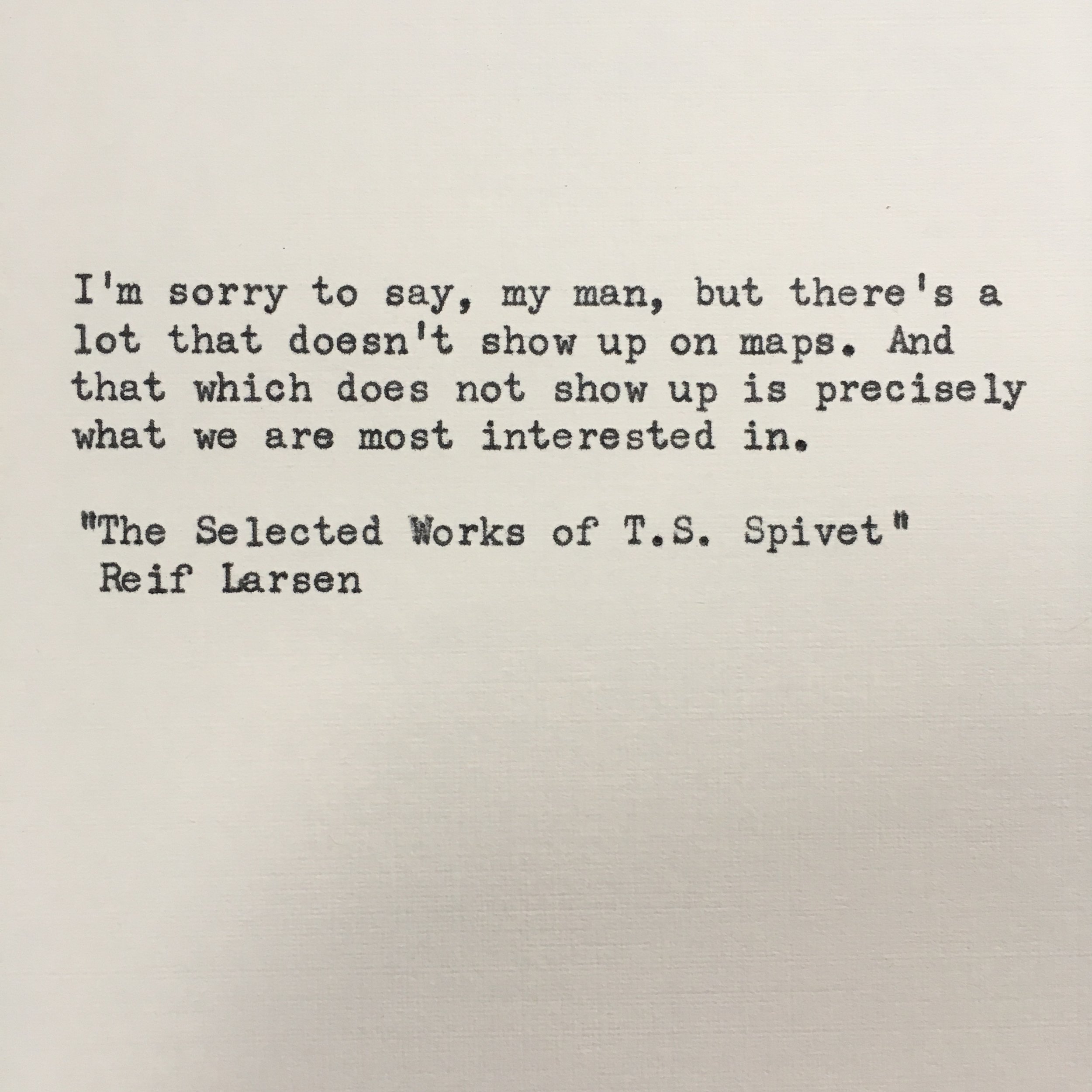The World's Many Gods and Prayers
The sun and I have a lovely morning dynamic: I watch it rise behind the trees in the park and go up and up, differently coloring the clouds each day and differently warming my room each day as it follows its arc across my windows and on into the sky. And I, in these minutes we share, go about a little routine of my own: something warm to drink, some music (perhaps), something athletic (another perhaps), and ideally, time with a book. Sometimes I even sit on my floor in the sun, my chair becoming a table, its seat a nicely sized resting space for my coffee and toast.
Then – and I won’t dwell long on these – there is the wind through the windows and the chatty birds that love the trees outside that are blossomed pink in April and stripped bare soon after. My poor curtains bunched in their corners are never given the chance to do their job, and why the hell would I want them to? To block this happy and silent and fleeting ritual? No, no. I’m better when I can nod to the sun and very much enjoy what it says back, even if it's muffled by cloud or yells with rain.
All of this can be much better put:
Sometimes – there’s God – so quickly!
(Ok ok: let me secularize this capital-G-God, because regardless of what Tennessee Williams meant when he wrote it, I like that line most when it’s been stripped of religion.)
So, then. Those WORDS, how magical. They’re what the troubled Blanche DuBois – amidst her “long, grateful sobs” – says to bring scene six of A Streetcar Named Desire to a close, and until they leapt back into my head one morning a few days ago, the sun and wind and birds all conspiring to give them new significance, I had long wondered exactly what she meant. I think I do now – they fit my mornings well.
It’s such a beautiful sentiment: the idea of an occasional god, that godliness may express itself to varying degrees on varying occasions, the exclamation that comes with seeing that occasional god, that it can all happen with no witness whatsoever and with stuttered phrasing that adds so much power to the entire event, almost as though there’s no time for complete sentences in the face of whatever it is we can’t help but celebrate with the greatest truth and realness imaginable – this list is unstoppable. But in it, aren't there just the greatest pieces of life?
Let me talk about those un-witnessed godly moments for a second – the ones you have all to yourself. Can't they happen often? Don't they somehow try with the greatest might to draw your hand to your heart? To me, they’re spectacular, and I like to think of them the way Mary Oliver does, as the most sacred of events, shareable only with – well, let her tell you:
How I Go to the Woods
Ordinarily, I go to the woods alone, with not a single
friend, for they are all smilers and talkers and therefore
unsuitable.
I don’t really want to be witnessed talking to the catbirds
or hugging the old black oak tree. I have my way of
praying, as you no doubt have yours.
Besides, when I am alone I can become invisible. I can sit
on the top of a dune as motionless as an uprise of weeds,
until the foxes run by unconcerned. I can hear the almost
unhearable sound of the roses singing.
If you have ever gone to the woods with me, I must love
you very much.
The more intense version – certainly the one that comes across more gruffly, and perhaps a touch more awkwardly, too – may belong to Franz Kafka, in a relatively terse line found in his Diaries:
“Don't you want to join us?" I was recently asked by an acquaintance when he ran across me alone after midnight in a coffeehouse that was already almost deserted. "No, I don't," I said.”
We celebrate and protect our gods differently, I suppose.
Getting back to Mary Oliver, I love her reference to prayer, another religiously-lined word whose secular version I prefer. She says it nicely, a sort of pray as you like, and I agree wholeheartedly: let your god be your own.
As in, this: my friend recently gave me a children’s book (whatever THAT means) called Home of the Brave, and in it, a book full of beautiful poetry, there’s:
A man I helped to settle here
taught me a saying from Africa.
I'll bet you would like it:
A cow is God with a wet nose.
I spent many nights and mornings with a beagle named Henry who had the best wet nose (and ears and smile), and I loved that god, too. Don't the smallest things, the tiniest fractions of moments, sometimes have the biggest gods?
And how about the god of Borges – my favorite writer of all time? – one he offered in a lecture he gave about dreams, and who we are and who we can be in those passing subconscious moments: “Perhaps we are ourselves, perhaps we are God.” What about that idea? That we don’t just see god, but that we really can have flashes of majesty ourselves? I hope this doesn't come across like it probably could, as I'm certainly not celebrating the absurdity of self-professed god-like figures here. If anything, it's everything about the other extreme: the moments – the privileges we're offered – where we can show kindness and sincerity and selflessness, perhaps, the times where we’ve decided to be there, to give a bit of ourself. These are the opposite of what George Saunders calls “failures of kindness,” and I like to think that strains of this god run through us all as well.
Whether it's the god of stars in the sky when you're lying on your back in Crete and trying to pick out constellations or the god of how freshly cut grass smells, the god of margins in books where all you can figure to write is "YES!!!" or the god of tired middle-of-the-night-post-race legs, the god of delicious meatballs or the god of questions and chats that come to be measured by bottles of wine -- these are what I think Blanche was referring to. Because there they are, and there they go, their poetry not around forever.








